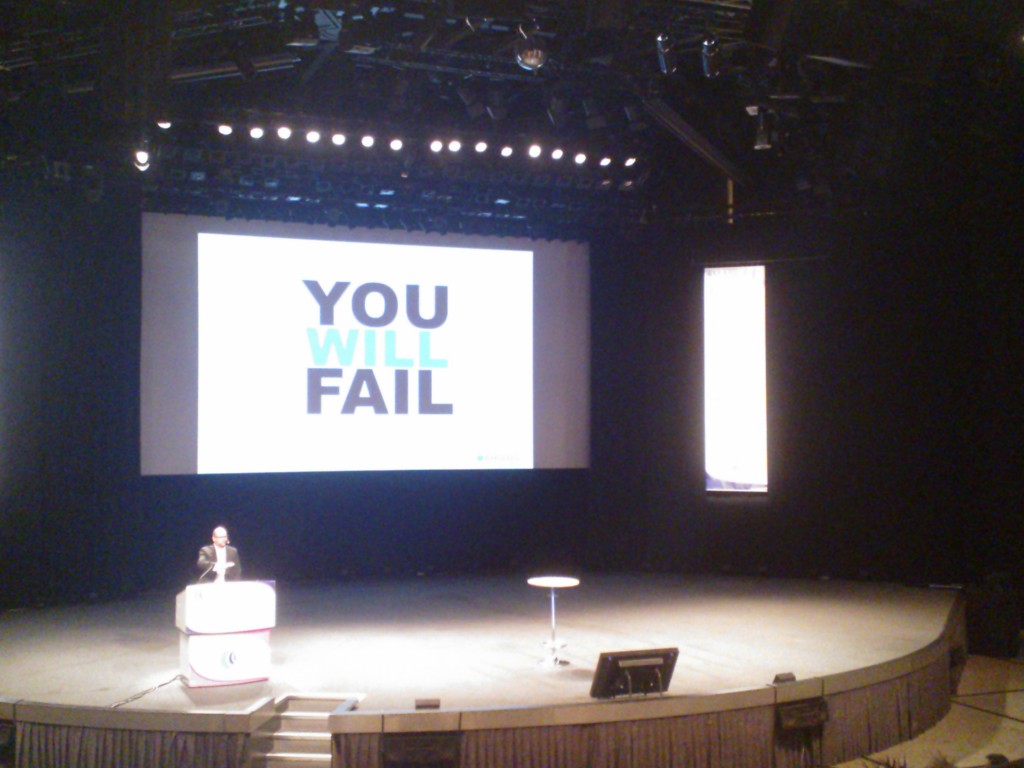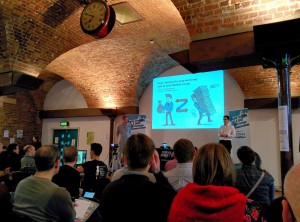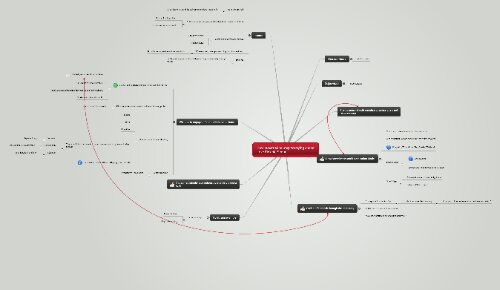 Keith Klain explains why overcoming organisational bias towards testing is hard...
Keith Klain explains why overcoming organisational bias towards testing is hard...
My First EuroSTAR
I’ve just returned from my first EuroSTAR conference. What a great experience. It was a very busy three days of learning, listening, talking and interacting with many different people from the testing community.
For me, everything kicked off on the Tuesday lunchtime with the first time delegates session. This was a great way of being introduced to the conference and to some others who were also new. We ran through a number of different ice-breaker exercises and got a lot of useful hints and tips that we could use in order to make the most out of the conference. The main one was talk to people. Being a regular attendee at tester meetups I totally agreed with this; the more you put into something like EuroSTAR then the more you get out, and taking the time to talk to people you don’t know can be really rewarding. Since EuroSTAR is an international conference then there were a lot of people to meet who I’d never met before, as well as the usual suspects from the UK testing community.
Recording and Sharing
I thought I’d try a new way of note taking and sharing this year. Instead of writing down my notes, then updating them at a later date, I used my Nexus 7, together with Mindomo and WordPress to mind-map each session and then share it on this blog as soon as possible after the session finished. I found this worked really well, Mindomo on Android allows really quick mind-mapping, and the WordPress app works pretty well. I got some decent feedback via Twitter (once I’d figured out how to post the mind-maps in a size people could actually see) so I’ll be taking the same approach at other conferences and events that I attend from now on.
The Keynotes and Track Sessions
I mind-mapped every session apart from Ian Rowland’s (which, being magic based, really needed to be seen). The posts are on the blog:
It’s Much More Than the Keynotes and Track Sessions
But attending keynotes and track sessions is merely one part of a conference. In order to get the most out then there’s a whole lot more to do (and I don’t just mean figuring out how to blag as much free stuff from the exhibitors :)). I had the opportunity to talk testing with a lot of people I had never met before, and to finally meet a number of people I’ve followed on Twitter in person for the first time. I’ve taken away a lot from these conversations, and learnt a lot from them. So thanks to everyone I talked to.
Outside of the keynotes and track sessions there was also time to play in The Test Lab. James Lyndsey, James Bach, Michael Bolton and a number of others popped in from time to time, and there was a number of testing puzzles, and opportunities to learn. I spent a fun hour starting to learn Robotium for Android test automation and the Test Lab team were a great help. It was a shame that I didn’t spend a bit more time there.
The Community Hub was also a great place to meet people, and to listen to the regular soap-box sessions, where testers and conference speakers could get up and talk for a few minutes on a testing topic of interest.
The EuroSTAR party on the Wednesday night was a highlight, with the opportunity to play testing games (or the casino) and even the opportunity to pick-up a guitar and play some tunes with fellow testers. Very good fun.
Facilitation
EuroSTAR trialled a new facilitation method this year, based upon the one used at LEWT and other peer conferences. I thought it worked really well and gave some good structure to what can otherwise become somewhat out of control pretty quickly. Every delegate got three coloured cards included in their conference pack, one red (indicating I need to ask something right now), one yellow (indicating I want to comment on an existing discussion) and one green (indicating I have a new question), along with a unique number. When the time came to ask questions, you could hold up your card and the facilitator would note down your number. They would then organise the questions into a stack and work top to bottom until they ran out of questions or time. It worked well.
My highlights of the 3 days
There were so many sessions that picking highlights isn’t easy. I really enjoyed Keith Klain’s session on Overcoming Dissonance but I’d say my top three, in order, were:
The first two are very relevant to the current situation where I work, and I could take a lot away from both the presentations. Fooled By Unknown Unknowns was a great story about a testing project and what could be learnt from it. I was not alone in enjoying this one, it was picked by the conference attendees as the ‘do over’ session, meaning that it got repeated at the end, and Alexandra presented twice.
So to Next Year….
I really enjoyed EuroSTAR and I really want to go back next year. It’ll be in Dublin, with programme chair being Paul Gerrard. Call for papers opens soon, and the conference will hopefully be great. Maybe I’ll see you there?





